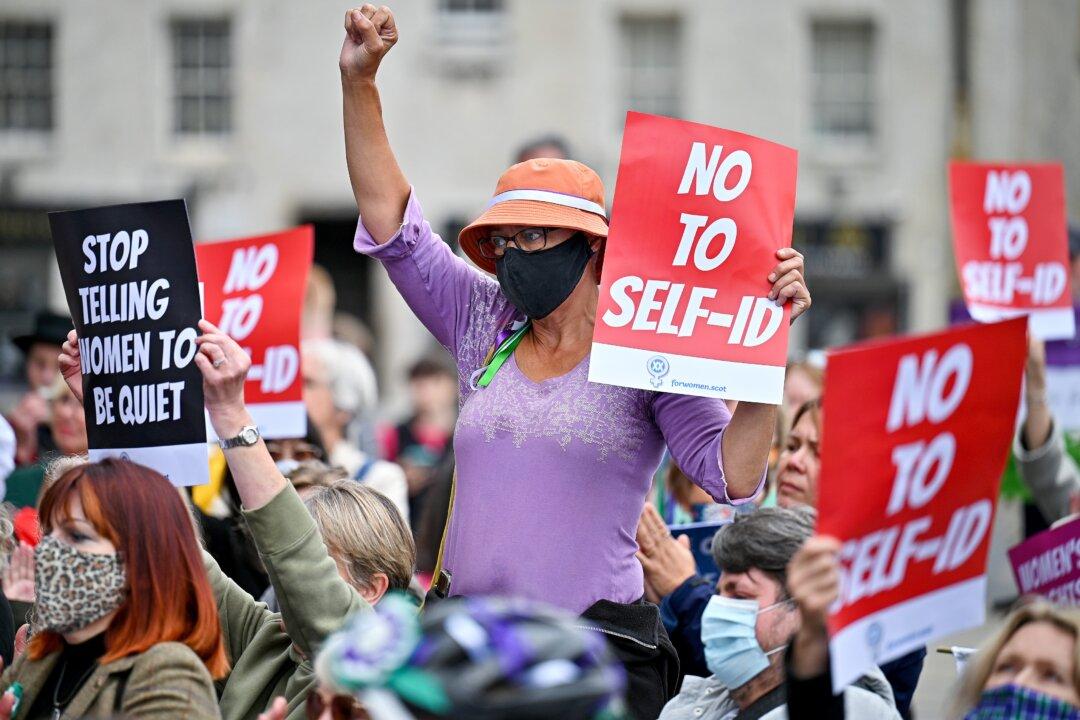A Scottish judge has certified that gender and not birth sex is what carries weight in law, a ruling which could impact upcoming radical gender reforms, with the country heading towards a system that will allow anyone to “self-identify” as a woman.
The campaign group For Women Scotland had taken the Scottish government to court in a case related to statutory guidance produced by Scottish ministers around representation on public boards.





